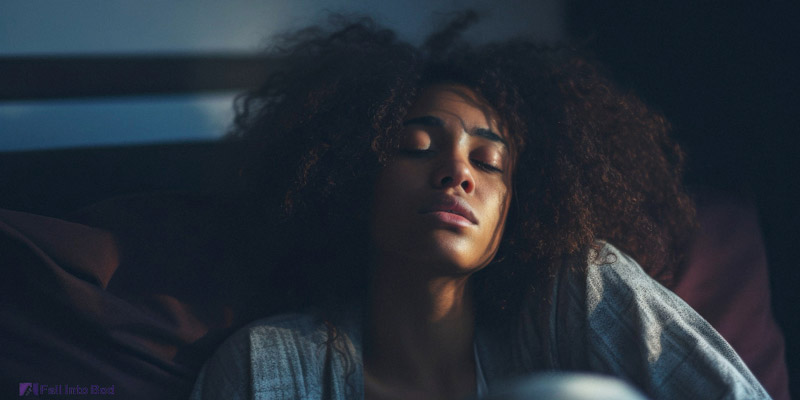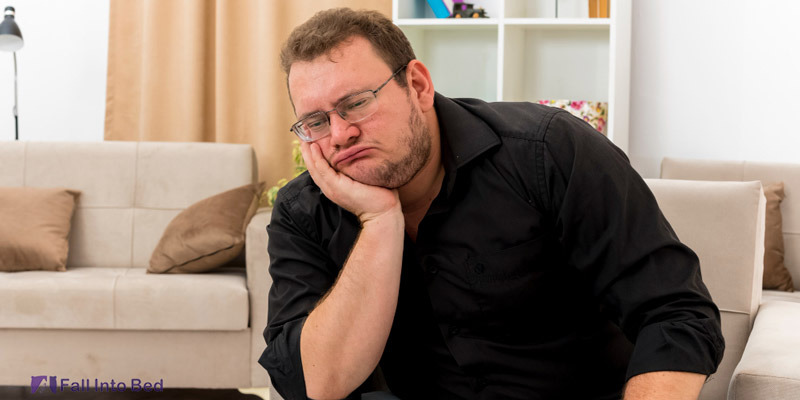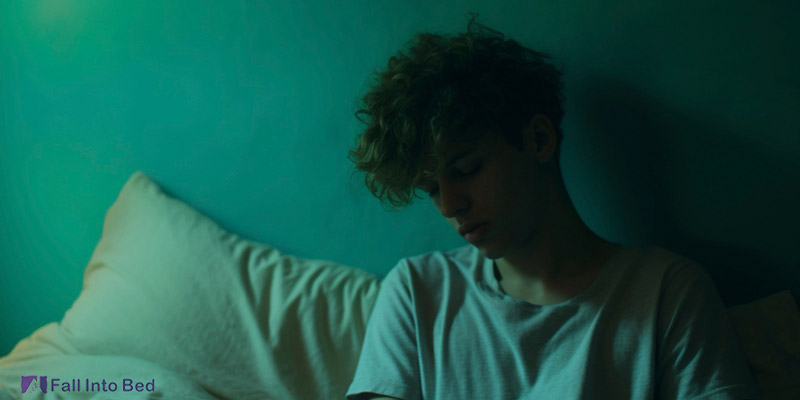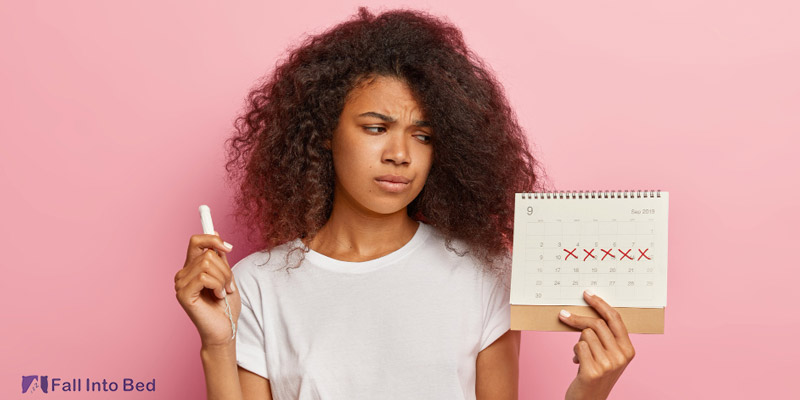You have probably found yourself in situations where you had to pull an all-nighter to study for the test you procrastinated, or a work project with a close deadline. In these occasions, there is no choice but burning the midnight oil. But a question arises here, and that is: is one or two hours of sleep better than none at all?
In this article, we’re going to compare these two options and see which one helps you be more fresh in the morning!
Is It Better to Get 2 Hours Sleep or None?
If you find yourself in a situation that you have to make a difficult choice between staying awake, or taking a two-hour nap, you might think that none of the options are satisfying. Well, you’re right. But, it’s fair to say, that sleeping for even a short period of time is better than skipping sleep altogether.
According to national institutes of health, staying awake for 17-19 hours is equivalent to having a blood alcohol concentration (BAC) of 0.05%. Skipping sleep for 28 hours increases the dose of alcohol to 0.1%, making you as impaired as if you were drunk!

Therefore, sleeping for short period is better than nothing at all. However, it’s recommended to sleep through at least one whole sleep cycle to wake up feeling refreshed. Each cycle lasts about 90 to 110 minutes, and most people experience between 4 to 6 cycles during the night sleep. If you want to take a nap to wake up without a headache or more tired than before, it’s better to wake up after the end of a cycle. Just like taking a 90-minute nap.
Sleep stages in a nutshell
When we sleep, we go through sleep cycles. On average, we experience between 4-6 cycles during the night. In each sleep cycle, there are 4 stages, and each cycle takes about 90-110 minutes to complete and another one begins right after. Stages are as follows:
- Stage 1 (NREM): first 1-7 minutes of sleep; sleep is very light.
- Stage 2 (NREM): Sleep is a bit deeper, but you can still wake up easily. This stage takes about 10-25 minutes
- Stage 3 (NREM): deep sleep, about 20-40 minutes long.
- Stage 4 (REM): This stage is REM (rapid eye movement). Most of the dreaming happens in this stage, which at first takes about few minutes, with each cycle, this stage becomes longer.
What Are the Risks of skipping sleep altogether?
It’s pretty obvious that skipping sleep is not a good idea. Repeating this action can have germinant effects on your physical and psycological health:
Cognitive impairment
Going without sleep for 24 hours or more can cause confusion, difficulty concentrating, and hallucinations. Cognitive impairment can also impact your judgement and short-term memory

Increased reaction time
Skipping sleep for a whole 24 hours rises the percentage of alcohol in your blood, and you become as impaired as if you were drunk. And in this situation, the risk of accidents at work or driving gets higher.
Compromised immune system
Not sleeping for a whole day can also mess with your hormones. When you skip sleep, cortisol—the body’s primary stress hormone—increases, and this plays a key role in weakening the immune system.
Increased stress hormone
Like we mentioned, sleep deprivation can increase the release of cortisol, also known as the stress hormone, which can make you stressed and jumpy. Lack of sleep can also make you nauseous throughout the day due to several reasons.
Long-term health risks
Repeatedly skipping sleep is linked to chronic conditions like obesity, heart disease, stroke, and diabetes.

If you’re curious, you can read about what happens to your body and mind if you don’t sleep for 7 days.
What are the risks of getting too little sleep?
Even though we said getting little rest is better than getting none, doesn’t mean it’s good idea to try it too often. Our brain and body needs adequate Shut-eye to be able to function. And we don’t rest enough, some health issues can arise. Some of these issues are:
- Chronic fatigue: Consistently getting inadequate rest leads to persistent tiredness, making it hard to focus or stay productive. Something called “sleep debt” can happen to your body if you don. In this situation, you feel tired even after sleeping for 8 hours straight.
- Mood change: Getting too little rest can cause irritability, anxiety, and even contribute to depression over time.
- Weakened immune system: Not completing the 7-9 hours of rest every night can increase cortisol in your blood, which can affect your immune system.
- Chronic health issues: Poor sleep can increase your risk of developing high blood pressure , heart disease, obesity and diabetes.
Tips on how to get fresh quickly after a short nap
Here are some tips to help you feel refreshed quickly after a short nap:
1. Keep Naps Short
Aim for a 10-30 minute nap. Longer naps can lead to grogginess (sleep inertia) because you enter deeper stages of sleep, making it harder to wake up feeling alert.
Another thing you can try is to split your naps. First, sleep for 90 minutes -one completed cycle- and then take a short 30-minute nap. Studies show that taking two naps has better results that one long nap or skipping them altogether.

2. Try a “Caffeine Nap”
Drink a small amount of coffee or tea right before your nap. It takes about 20 minutes for caffeine to kick in, so you’ll wake up feeling doubly refreshed as the caffeine begins to work just as you’re rising!
3. Set an Alarm
Use an alarm to ensure you don’t oversleep and fall into deep sleep, which can make waking up harder. However, make sure your phone is far from your bed, to avoid being exposed to radiation.
4. Get Sunlight
After waking up, step outside or sit near a window to expose yourself to natural light. Sunlight helps reset your circadian rhythm and boosts alertness.
5. Drink Water
Hydrate yourself immediately after waking up, as dehydration can contribute to feelings of tiredness.
Following these tips can help maximize the benefits of a short nap and leave you feeling more refreshed and energized. While two hours of rest isn’t ideal, it’s definitely better than none. Even a short rest can give your body and brain a chance to recharge enough to improve focus, mood, and basic functioning. It’s especially helpful if you can complete at least one sleep cycle, which lasts around 90 minutes. So, when you’re really pressed for time, grabbing those two hours is a much better choice than staying awake all night.
Sweet dreams!








